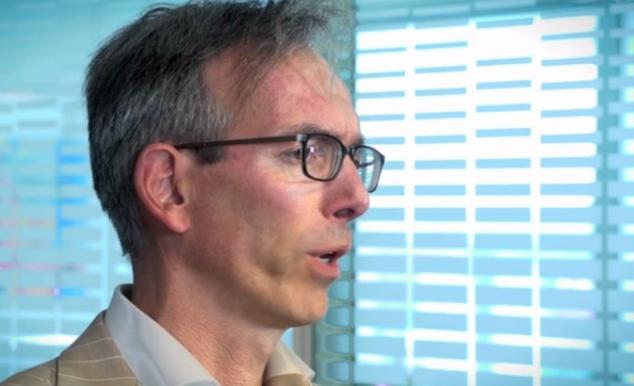Emerging markets equities can produce handsome rewards for investors – but they carry risks that are not seen in the developed West. Political turmoil and generally more volatile markets require a more cautious approach to capitalize on a fast-growing area for investors.
That is where Robeco’s pioneering use of sophisticated quantitative models can help cut the risks and pick the winners. The unsuspecting power of quant has been proven in its ability to identify risks that standard models either cannot see or overlook.
This is backed by decades of experience; Robeco was looking at emerging markets long before most other asset managers, investing in Peru as early as 1930, and was the first European firm to set up a bespoke emerging equities fund in 1994.
And the ability to procure superior risk-adjusted returns has been further enhanced by Robeco’s equally pioneering use of sustainability investing techniques. These methods are particularly suited for finding – and even predicting – systematic risks such as political change and social unrest in emerging markets.
“We were the first in Europe to start a dedicated emerging markets strategy 20 years ago, so we were the pioneer on the continent,” says Wim-Hein Pals, co-founder and portfolio manager of the Robeco Emerging Markets Equities fund since its inception and head of the emerging markets team since 2004.
“From the start we had a country allocation framework which is still in place and gave us the caution; we didn’t just jump in blindly and buy everything left right and center. We started cautiously with a top-down structure and thoroughly analyzed everything we wanted to invest in.”
Pioneering quant capabilities
Using sophisticated quant techniques can enhance opportunities while minimizing risks, and Robeco also has a long history with this, due partly to excellent links with Dutch universities at which many staff members have earned PhDs on quant modelling and economics.
“We started to develop our first quant models in the early 1990s,” says Wilma de Groot, portfolio manager for quantitative emerging markets equity, and a quant researcher at Robeco since 2001. “We firstly did this with developed markets using stock selection models and then in 1999 we tested these proven variables, such as valuation and momentum, in emerging markets and found they also worked well.”
“Since 2001 the stock selection model has been used across the investment process and since 2006 our quant capabilities have used the emerging markets model as their sole performance driver.”
“So we were one of the first to use the quant techniques in emerging markets. The cautious element comes in by running a well-diversified portfolio with a large number of names, and by using our integrated risk management techniques. These enhance traditional variables by eliminating risks which are not rewarded with returns. We are therefore less sensitive to turning points in the market.”
Sustainability as standard
Quant is combined with sustainability investing techniques, particularly investigating environmental, social and governance (ESG) factors, to minimize risks further. “In 2001 we started to use sustainability analysis with our proprietary survey,” says Pals.
“We had a good feeling about the outcomes, particularly for the governance angle; the social and environmental angles of ESG came later. Not every emerging markets investor is active on ESG to put it mildly, and so this is still quite pioneering as we do a lot more than the competition does.”
Emerging markets are by their very nature volatile, and are sometimes exposed to geopolitical shocks. But this doesn’t necessarily affect investment performance, providing you know what you are doing. Country allocation is backed by the expertise of a large team, including investment specialists on the ground in up-and-coming countries such as India and China.
Managing risks and rewards
“The political angle is deeply incorporated in the country allocation framework; we include also the currency angle, which is related to the local political or economic situation,” says Pals. “The military coup in Thailand for example means more political risk in the country than was there a year ago, but isn’t always translated into financial markets or prospects, because the Thai equity market has been one of the strongest in 2014.”
“Not putting all your eggs in one basket is the starting point for being cautious, and we have a well-diversified portfolio in emerging markets. We spread the political risks; there are sometimes problem countries, but there are also good situations such as India, where the country elected a new government in May 2014. We have been overweight on India since 2013 and so enjoyed a pre-election and a post-election rally, getting the best of both worlds without buying overvalued stocks.”


